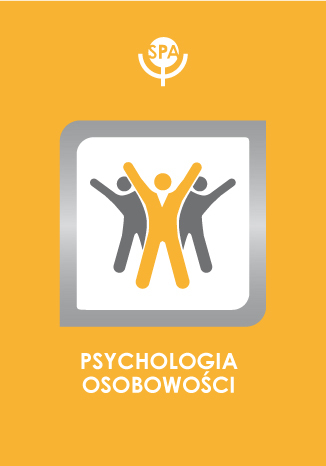Array
(
[id] => 444
[date] => 2019-03-14
[doi] => 10.14691/CPPJ.24.2.279
[title] => Intensywność traumy a objawy stresu pourazowego i potraumatyczny wzrost u żołnierzy uczestniczących w misjach wojskowych
[title_en] => SEVERITY OF TRAUMA AND POSTTRAUMATIC STRESS DISORDER SYMPTOMS AND POSTTRAUMATIC GROWTH AMONG SOLDIERS PARTICIPATING IN MILITARY MISSIONS
[authors] => Nina Ogińska-Bulik
[abstract] => The purpose of the study was to determine the role of ruminations in the relationship between the intensity of experienced trauma and the symptoms of posttraumatic stress and the posttraumatic growth of soldiers participating in military missions. The results of 60 soldiers who experienced traumatic events during the mission were analyzed. The age of the participants ranged from 26 to 46 years (M=33.17, SD=4.84). The following Polish versions of standardized tools were used: Posttraumatic Stress Disorder Questionnaire – K-PTSD, the Posttraumatic Growth Inventory – PTG, the Event Related Rumination Inventory – ERRI, measuring two types of ruminations: intrusive and deliberate and visual scale to assess the intensity of trauma. 10% of respondents revealed full PTSD, the remaining 90% – only partial symptoms. The soldiers were characterized by a low level of posttraumatic growth. Ruminations, both intrusive and deliberate, acted as a mediator between the intensity of trauma and PTSD and all its symptoms. Both types of ruminations appeared to be mediators in the relationship between the intensity of trauma and the level of positive changes in the spiritual sphere and deliberate ruminations – the mediator between intensity of trauma and greater appreciation of life. Conclusions: In the presence of negative and positive consequences of experienced trauma, ruminations play greater role than the intensity of trauma.
[abstract_en] => The purpose of the study was to determine the role of ruminations in the relationship between the intensity of experienced trauma and the symptoms of posttraumatic stress and the posttraumatic growth of soldiers participating in military missions. The results of 60 soldiers who experienced traumatic events during the mission were analyzed. The age of the participants ranged from 26 to 46 years (M=33.17, SD=4.84). The following Polish versions of standardized tools were used: Posttraumatic Stress Disorder Questionnaire – K-PTSD, the Posttraumatic Growth Inventory – PTG, the Event Related Rumination Inventory – ERRI, measuring two types of ruminations: intrusive and deliberate and visual scale to assess the intensity of trauma. 10% of respondents revealed full PTSD, the remaining 90% – only partial symptoms. The soldiers were characterized by a low level of posttraumatic growth. Ruminations, both intrusive and deliberate, acted as a mediator between the intensity of trauma and PTSD and all its symptoms. Both types of ruminations appeared to be mediators in the relationship between the intensity of trauma and the level of positive changes in the spiritual sphere and deliberate ruminations – the mediator between intensity of trauma and greater appreciation of life. Conclusions: In the presence of negative and positive consequences of experienced trauma, ruminations play greater role than the intensity of trauma.
[keywords] => trauma, posttraumatic stress disorder, posttraumatic growth, ruminations, soldiers, military missions
[keywords_en] => trauma, posttraumatic stress disorder, posttraumatic growth, ruminations, soldiers, military missions
[file_path] => /files/articles/2018-24-intensywno-traumy-a-objawy-stresu-pourazowego-i-potraumatyczny-wzrost-u-onierzy-uczestniczcych-w-misjach-wojskowych.pdf
[okladka] => psychologia_osobowosci.jpg
[rocznik] => Rocznik: 2018 Tom: 24 Numer: 2
[strony] => 279-289
)










 Pobierz pełny tekst
Pobierz pełny tekst



